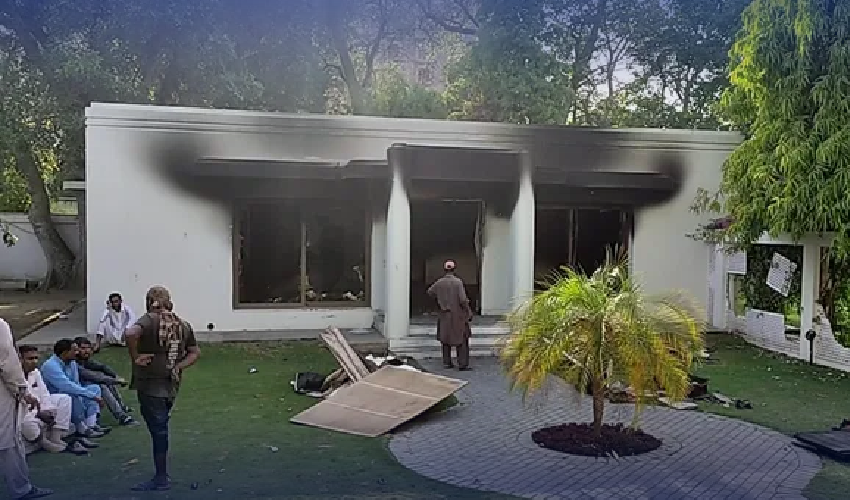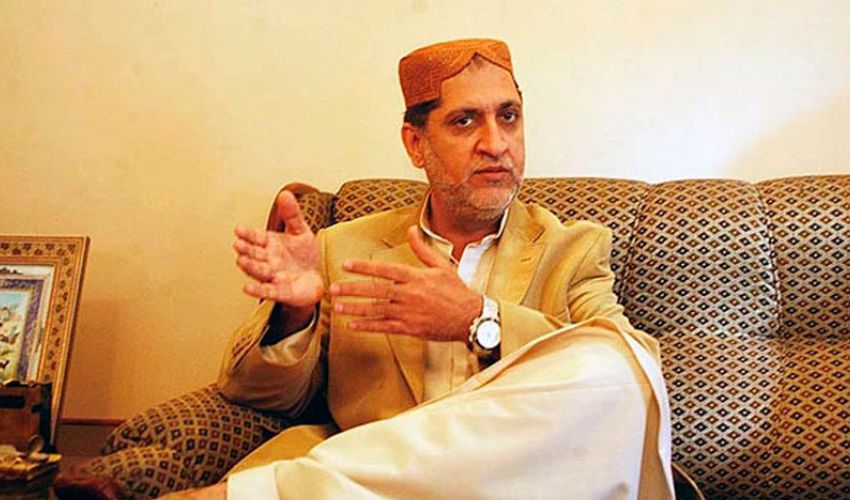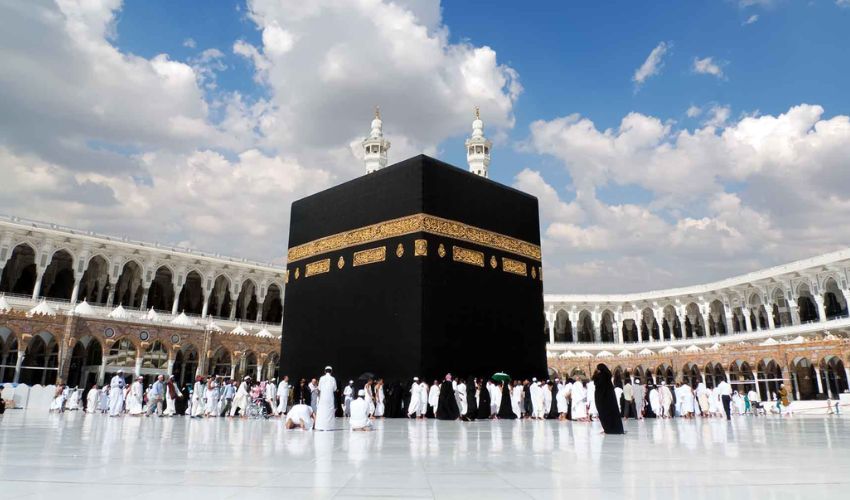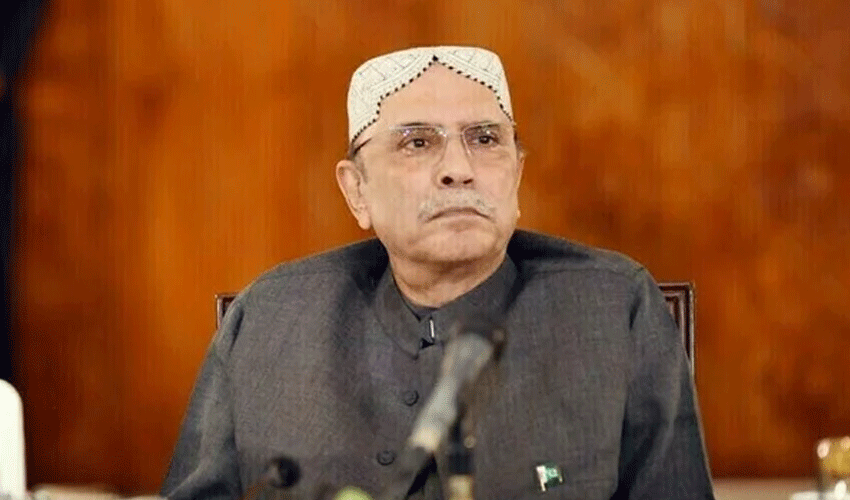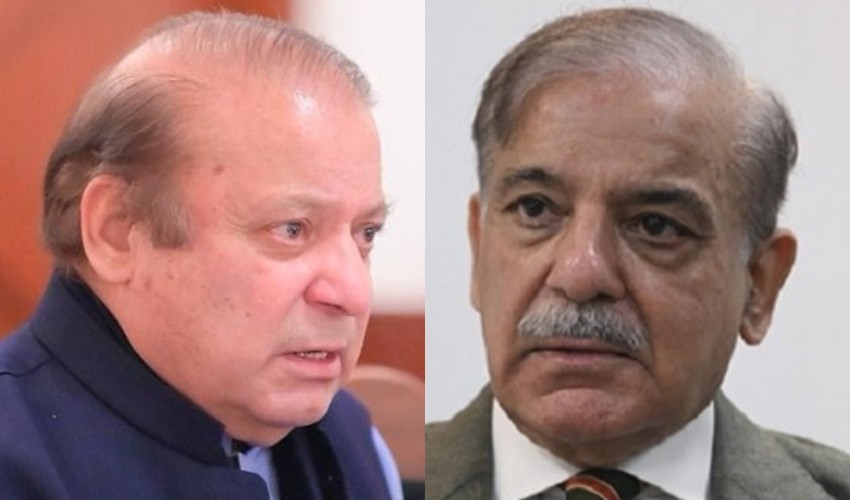A seven-member SC bench heard an intra-court appeal against the decision to try civilians involved in the May 9 incidents in military courts.
Various questions and statements from the bench and the defense underscored the complexity of the issue, with a focus on legal precedents and the scope of the Army Act.
Justice Hassan Azhar Rizvi raised critical concerns during the proceedings, asking whether any military officers had been tried for their involvement in the May 9 incidents.
The Ministry of Defense's lawyer, Khawaja Haris, confirmed, "No military officer was tried in the May 9 incident."
Justice Rizvi remarked that civilians entering the Corps Commander House without weapons on that day pointed to a significant security lapse. He further inquired, "How did people reach the Corps Commander House without weapons on May 9?"
Khawaja Haris clarified that the protesters are accused of damaging property, but the matter of accountability for military personnel had not been addressed. Justice Rizvi emphasized, "People entering the Corps Commander House is a security failure."
Justice Musarrat Hilali questioned the scope of military jurisdiction in civilian matters, asking, "If a soldier has a disagreement with a civilian in the cantonment, where will the case go?" Haris responded that disagreements of this nature are distinct from broader legal issues.
Justice Jamal Khan Mandokhel pointed out concerns over the application of military courts to civilians. He remarked, "The issue of military trial is being expanded a lot." Addressing the legal foundation, Haris explained, "Even in peacetime, the trial of a civilian for interfering in military affairs will be held in a military court. This law has been in place since 1967."
The discussion also delved into historical precedents, such as the FB Ali case. Justice Rizvi noted, "Keep in mind that the FB Ali case is from the Martial Law era. Zulfiqar Ali Bhutto was the Civil Martial Law Administrator at that time." Haris added that the case involved retired individuals and that the Supreme Court previously ruled that retired officers are considered civilians.
Justice Mandokhel pressed further, asking whether anyone in the current case is accused of inciting the army to stop functioning. Haris replied that such crimes under the Army Act require complaints or involvement from officers.
In response to questions about expanding the Army Act's scope, Haris referenced the Liaquat Hussain case, stating it was a precedent for trying civilians in military courts for civil crimes. However, Justice Mandokhel expressed concern, remarking, "The scope of the Army Act is being expanded as much as you are; anyone can come under it."
The court deliberated whether attacking an army convoy or disputes at military checkpoints constitute breaches of discipline under the Army Act. Haris maintained that disrupting army discipline warrants a military trial, while Justice Mandokhel questioned the broader implications of such an interpretation.
The bench acknowledged the historical context of military trials, with Justice Rizvi pointing out that martial law ended when the new constitution was enacted. "That is correct, but the court decision does not mention the imposition of emergency," Haris responded, drawing attention to gaps in judicial history.
As the hearing concluded, the judges stressed the need to determine the circumstances under which civilians can be tried in military courts. Justice Mandokhel noted, "It remains to be seen which civilians can be tried in which circumstances."
The court reserved its decision, leaving unresolved questions about the accountability of both civilians and military personnel in incidents like those of May 9.
Where will the case go if a soldier disagrees with a civilian in the cantonment?
Justice Musarrat Hilali raised a critical question, asking, "If a soldier has a disagreement with a civilian in the cantonment, where will the case go?" She highlighted the potential legal complexities of such scenarios.
Defense Ministry lawyer Khawaja Haris emphasized that disagreements are separate matters and clarified, "The trial of a civilian does not happen suddenly. This law has been in place since 1967."
Justice Jamal Mandokhel expressed concerns over the increasing scope of military trials, remarking, "The issue of military trials is being expanded a lot."
He further noted that even in peaceful times, interference in military affairs by civilians could lead to trials in military courts.
Justice Hassan Azhar Rizvi pointed out the need to identify the mastermind behind conspiracies, asking,
"Who hatched the conspiracy? After all, there will be a mastermind." He stated that the trial of such individuals would also be conducted in military courts.
Referencing historical context, Justice Rizvi mentioned the FB Ali case, stating, "The FB Ali case is from the Civil Martial Law era. Zulfiqar Ali Bhutto was the Civil Martial Law Administrator during that time."
The hearing has been adjourned till Wednesday.





